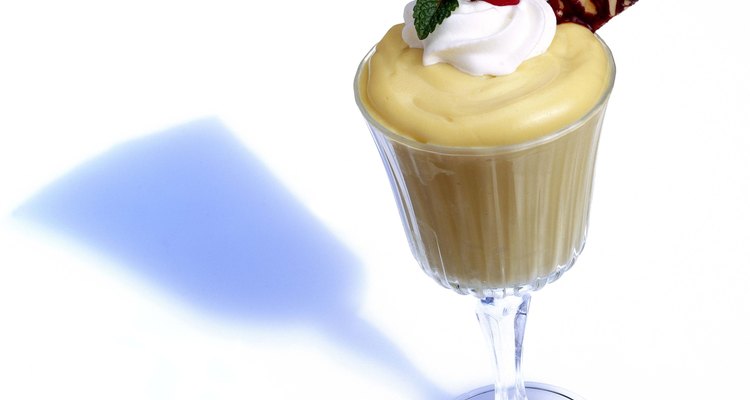
Jupiterimages/Stockbyte/Getty Images
Fiber is the roughage in your diet provided by certain plant-based foods, according to MedlinePlus. Fiber does not get digested, but the substance is an essential part of your diet because it aids the digestive process. Although many common foods such as fruits, vegetables, legumes and whole grains contain fiber, some people prefer to take it in supplement form using products such as Benefiber.
Definition
Benefiber is a natural type of soluble fiber that contains wheat dextrin, according to Drugs.com. The substance is tasteless and dissolves completely in soft foods and non-carbonated drinks, allowing it to be used as a food additive. Benefiber is available in powder, chews and capsules. Chews and pills are taken on their own, while you mix the powder into juice, coffee and other beverages, blend it into foods like yogurt, pudding or applesauce or add it to recipes. Heat and cooking does not damage the Benefiber.
Safety
Regular Benefiber is as safe as other natural soluble fibers, which means that the substance generally has no bad effects. The substance provides the same benefits as other soluble fibers, including lowering your blood sugar and cholesterol levels. Benefiber is safe for adults children, according to Drugs.com, although it should not be given to kids younger than 6-years-old without talking to a doctor. The product has a shelf life of two years and should be discarded if not used within that period.
Considerations
Benefiber is available as an orange-flavored power, and this version of the product is sweetened with aspartame. The chewable form also contains this artificial sweetener. Anecdotal reports question aspartame's safety, although MayoClinic.org advises that the sweetener only poses a danger to people with a rare disease called phenylketonuria. Benefiber orange powder also contains lactose and food dyes that could cause problems in sensitive people. Benefiber has a calcium enhanced version that can cause issues for people with heart or kidney disease and those on potassium-restricted diets.
Dose
Benefiber should be taken in the recommended dose on its package as a supplement for dietary fiber. MayoClinic.com advises that men younger than age 50 should consume at least 38 g of fiber per day, while older men need at least 30 g. The recommended minimum amount for women younger than age 50 is 25 g, while older women need at least 21 g. Extra fiber is not usually harmful.
Function
Benefiber achieves its positive effects by turning into a gel inside the body during the digestive process. The substance passes through the intestines in that form rather than being absorbed. Foods that perform the same function include oranges, apples, beans, carrots and oats.
Related Articles
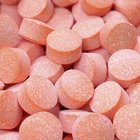
Benefiber Ingredients
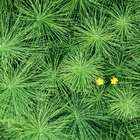
Horsetail vs. BioSil

What Is Green Magma?

How to Make Grapefruit Seed Extract

What Is Dye Made From?
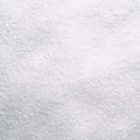
The Disadvantages of Saccharin

The Best Way to Remove Hair Dye
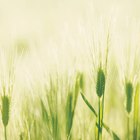
Nutrition in Barley Grass

Is Proactive Too Strong for Sensitive ...

Gluten- and Wheat-Free Fiber Supplements
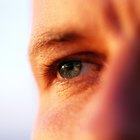
List of Retinoids
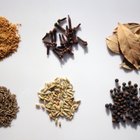
Fiber Sure by Metamucil Ingredients

Is Allantoin a Relative of the Lanolin ...

Neutrogena Ingredients

Brown vs. White Sugar in Body Scrubs
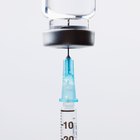
Dimethicone Hazards
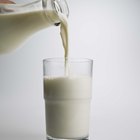
How to Dissolve Non-Instant Milk Powder

Composition of Monosodium Glutamate
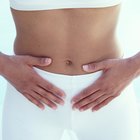
Is Whole or Powdered Psyllium Better?

How Are Perfumes Tested on Animals?
References
Writer Bio
Based in Kissimmee, Fla., Barb Nefer is a freelance writer with over 20 years of experience. She is a mental health counselor, finance coach and travel agency owner. Her work has appeared in such magazines as "The Writer" and "Grit" and she authored the book, "So You Want to Be a Counselor."
Photo Credits
Jupiterimages/Stockbyte/Getty Images